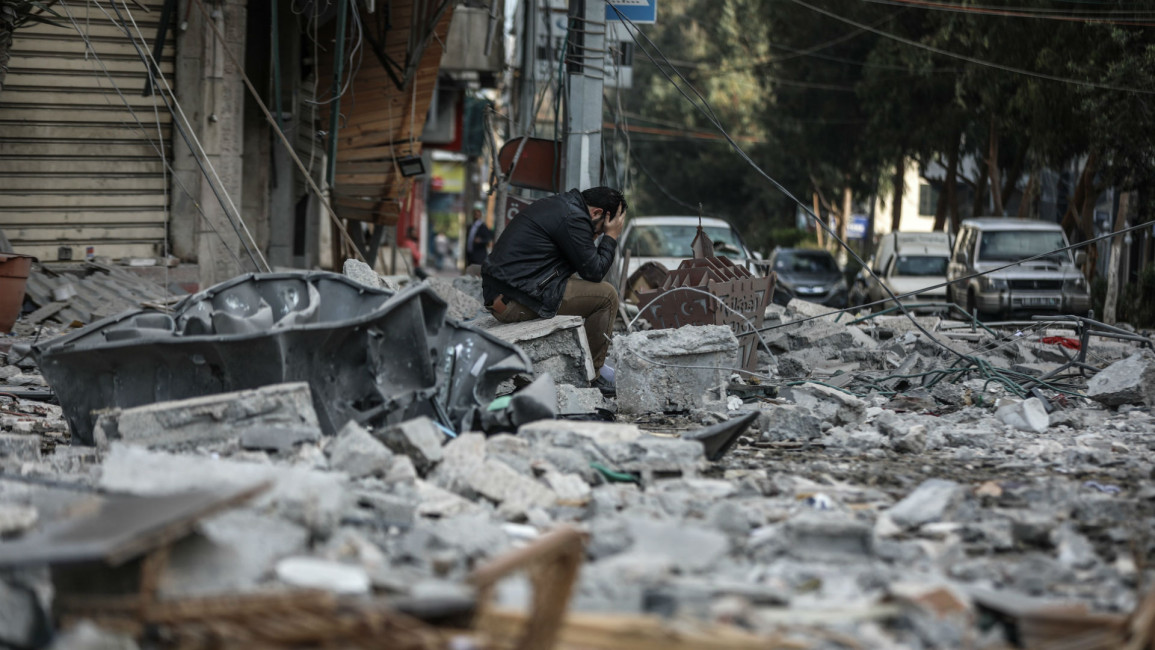Israel restores Gaza fishing zone to 'temporarily avert' crisis
Israel said it eased on Sunday fishing restrictions off the besieged Gaza Strip, providing limited relief with the aim of preventing a further deterioration in humanitarian conditions in the almost uninhabitable enclave.
The move came just three days after Israel had reduced the offshore fishing limits in response to Palestinians floating balloons fitted with incendiaries over the border.
COGAT, the defence ministry unit that oversees such regulations, said the fishing zone was being "expanded to 15 nautical miles," back up from 10.
It restores the fishing zone to the limits set in April ahead of Israel's general election, and is the largest allowed in years.
"This measure is part of the civilian policy for prevention of deterioration in humanitarian conditions in the Gaza Strip and is consistent with the policy of distinguishing between terrorists and the implicated population," COGAT said in a statement.
The additional nautical miles are important to Gaza fishermen as they bring more valuable, deeper water species within reach.
Around 80 percent of Palestinians in impoverished Gaza are reliant on international aid, according to the United Nations.
Israel has been imposing a crippling siege on Gaza for 12 years, creating a major human catastrophe in the enclave.
In 2007, Israel imposed a land, sea and air blockade on the strip, effectively turning the coastal enclave into an open-air prison, where basic necessities such as food, fuel and medicines are severely controlled.
Critics say the blockade amounts to collective punishment of the coastal enclave's two million residents. The UN says Gaza will be uninhabitable by 2020, but human rights organisations say Gaza has already reached inhabitability.
Agencies contributed to this report.
Follow us on Twitter: @The_NewArab



